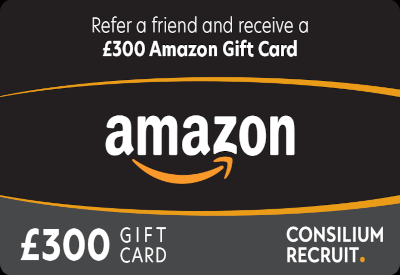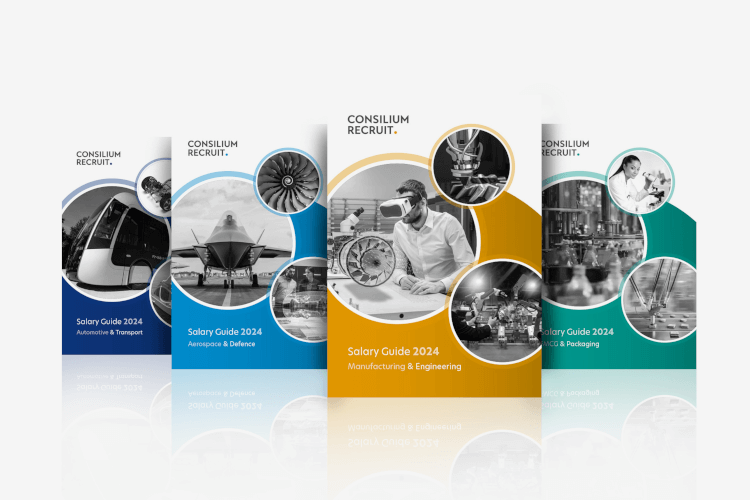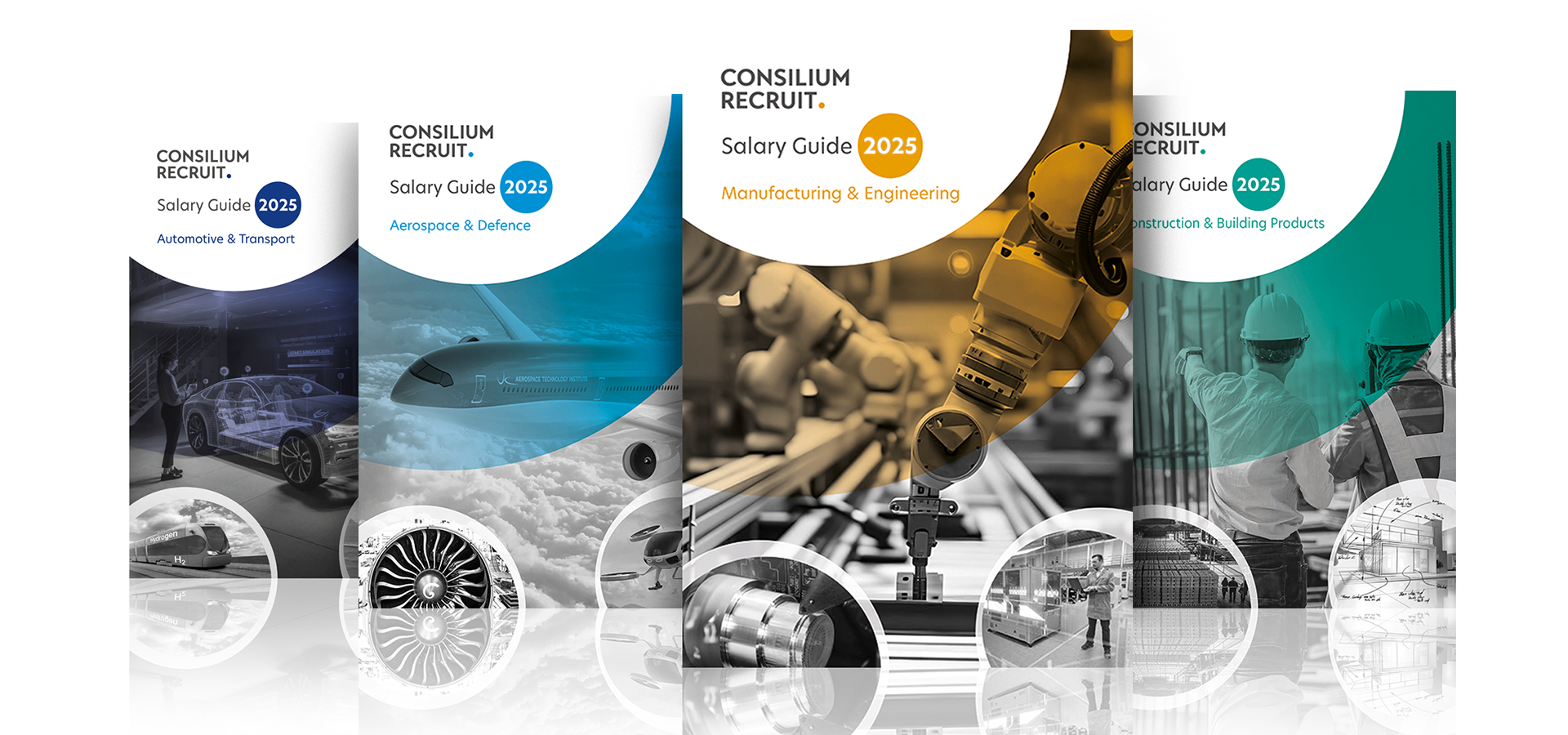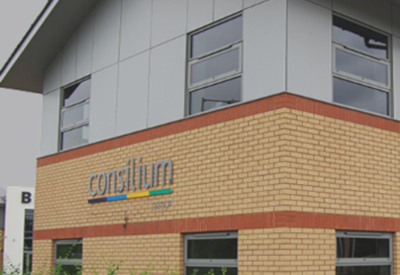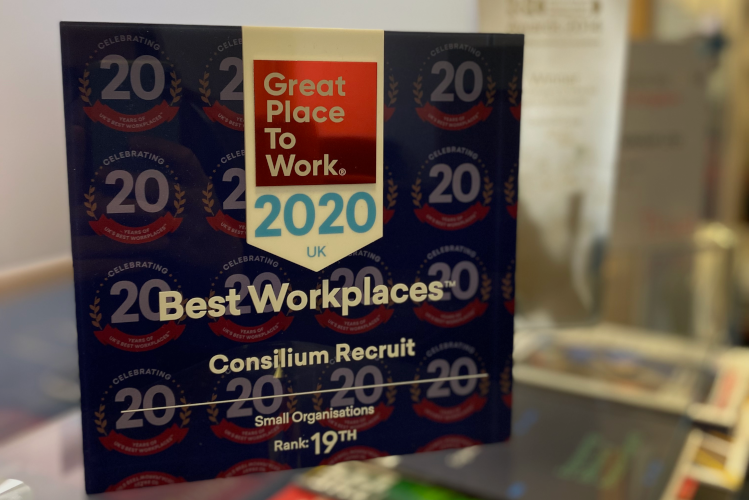Secure the job
Winning interview Preparation
Regardless of the type of interview, most will incorporate the following stages: establishing rapport; exchanging information; and closing the interview.
The first part of the interview is crucial and can set the mood for the meeting on a positive or a negative. It is often suggested that a hiring decision can be made within the first five minutes of the interview. Listen to the conversational style of the interviewer. Is it upbeat and chatty or minimal and formal? Whatever their chosen interview style you should try to mimic this tone.
Smile and make eye contact to reassure the interviewer that you are engaged and interested and if the interviewer offers their hand, shake it firmly. Wait until the interviewer sits or offers you a seat before sitting down.
Throughout the exchange of information this is your opportunity to let the interviewer know what you have to offer. Make eye contact when answering a question and show enthusiasm about your background. Failing to demonstrate enthusiasm is likely to mean that your interviewer won’t be enthusiastic either. It is important that you are aware of your body language during the interview, avoiding closed positions and trying to relax. Your energy, interest and passion for the job will be enhanced by asking questions when given the opportunity to do so, separating you from candidates who depend on their CVs to speak for them.
Insightful questioning
When the interviewer has completed gathering the information they require and offers you the chance to ask questions, use this opportunity to find out further details about the job role and working culture of the company. Also discuss opportunities for job progression and investment in professional development. Typical questions are:
What are the company’s future plans?
What is the likely career development pathway in the next few years?
What possible training could I receive in this role?
How would you describe the culture of the company?
All job interviews have the same objective, but an employer can reach that objective in a variety of ways…
Types of interviews
The screening interview is used to ensure that candidates meet minimum qualification requirements. Computer programs are among the tools used to eliminate inadequately qualified candidates and their purpose is to identify factors that might disqualify you from the post, so gaps in your employment history or pieces of information that look inconsistent will be questioned here. You must highlight your accomplishments and qualifications, speak directly and succinctly, and have vital information (previous experience plus skills acquired and an example or two of an occasion when you applied that skill) bullet pointed with you on notepaper to avoid leaving out anything important that will add to your personal value.
An informational interview is a meeting you initiate to seek the advice of someone in their current or desired field as well as to gain further references to people who can lend insight. During an informational interview the jobseeker and employer exchange information and get to know one another better without reference to a specific job opening. In order to be prepared, attend with thoughtful questions about the field and the company. Gain references to other people and provide the interviewer with your business card, contact information and CV. Afterwards send a thank you note/email to the interviewer.
The directive interview is a rigid format used to ensure consistency between different interviews. When interviewers ask each candidate the same series of questions they can more readily compare the results. Directive interviewers use their questions to obtain the information they wish to know. During such interviews, follow interviewer’s style, taking your lead from their conversational tone. If you feel you have missed out important points about yourself, ensure you communicate them where appropriate.
In behavioural / competency based interviews (depending on the responsibilities of the job and the working environment) you might be asked to provide an example of a time when you used a certain skill; what the situation was and how you dealt with it, etc. General questions like this would involve describing a time that required problem-solving skills, adaptability, leadership, conflict resolution, multi-tasking, initiative or stress management. To prepare, anticipate the transferable skills and personal qualities required for the role, review your CV, and reflect on the demands of the role to develop your own ‘stories’ that highlight specific skills.
The follow-up interview usually takes place to confirm the decisions of the interviewer. They may be having difficulty deciding between a shortlist of candidates or might require a second opinion before a hiring decision can be made. If you are meeting with the same person again you can focus on building rapport, understanding the company’s values and ethos and reiterating your confidence in your ability to do the job. You could also find yourself negotiating a salary package. In this instance, be confident and ask appropriate questions.
To close
Shake hands with the interviewer and thank them for their time. Follow up any interview with an email of thanks, showing appreciation of their time and reiterating your continued interest in the post. Finally, if your interview is unsuccessful, don’t take it to heart; aim to improve upon each time in order to increase your chances of securing the right position.

